Ketamine Injection is a fast-acting anesthetic commonly used in veterinary medicine for sedation, pain management, and anesthesia. Known for its dissociative properties, ketamine induces a trance-like state, effectively separating the animal’s perception of pain and its physical response, making it ideal for surgeries, diagnostics, and other procedures. Its versatility allows it to be administer alone or in combination with other anesthetics for enhanced effects and smoother recovery.
Key Benefits Ketamine Injection:
- Versatile Anesthetic: Suitable for various animals, including dogs, cats, and larger livestock, ketamine provides reliable sedation and pain relief, supporting a range of procedures from minor diagnostics to complex surgeries.
- Rapid Onset: Ketamine injection acts quickly, inducing anesthesia in minutes. This fast action makes it useful in emergency situations where immediate sedation or pain management is require.
- Flexibility in Use: Ketamine can be used alone or in combination with other drugs to achieve varying depths of anesthesia, which allows veterinarians to tailor its use to the specific needs of each case.
- Smooth Recovery: When used with appropriate sedatives or muscle relaxants, ketamine helps provide a smoother transition from anesthesia to recovery, minimizing stress and agitation for the animal.
Applications:
- Surgical Anesthesia: Ketamine is widely use for anesthesia in both minor and major surgeries, especially when other anesthetics might pose higher risks.
- Pain Management: Due to its dissociative properties, ketamine is effective in managing pain, particularly in cases of trauma or during post-operative recovery.
- Diagnostic Procedures: Ketamine provides sufficient sedation for diagnostics such as imaging. Wound care, and dental procedures, allowing for efficient and humane handling.
Dosage and Administration:
Ketamine Injection is typically administer intravenously (IV) or intramuscularly (IM). Based on the animal’s species, size, and the desired depth of anesthesia. Precise dosing and administration should always be manage by a license veterinarian. As ketamine’s effects vary widely depending on the animal and procedure.
Precautions:
- Controlled Substance: Ketamine is regulated in many regions and should only be use by license veterinarians. Misuse or improper administration can lead to severe side effects.
- Possible Side Effects: Some animals may experience respiratory depression, increased salivation, or agitation as they recover from anesthesia. Close monitoring is essential.
Conclusion:
Ketamine Injection is a reliable and versatile option for veterinarians needing a safe and effective anesthetic and analgesic. Its rapid action, broad applicability, and effectiveness make it a valuable tool in veterinary medicine. Supporting a range of procedures while ensuring animal comfort and safety.
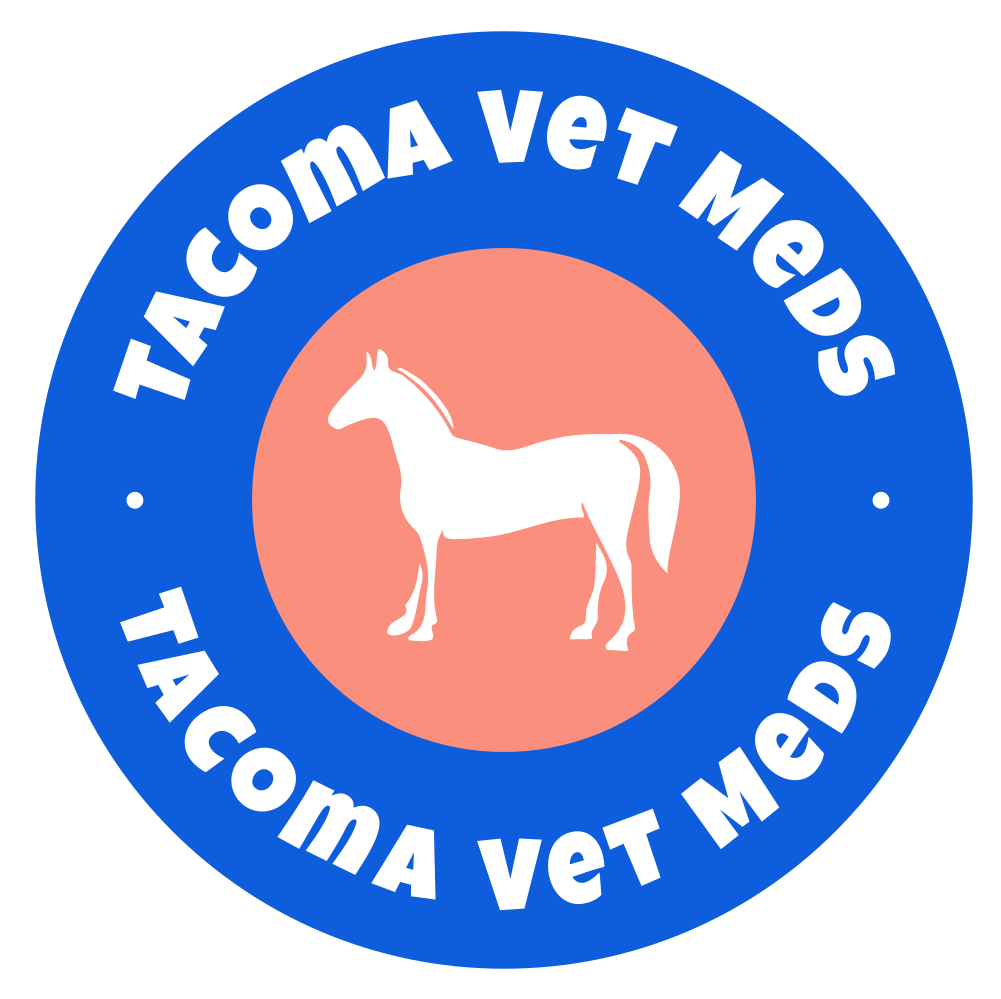
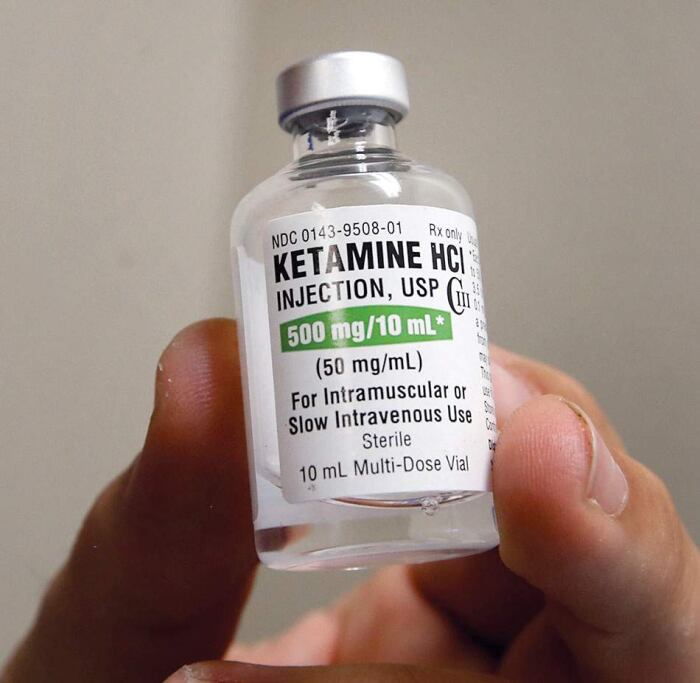

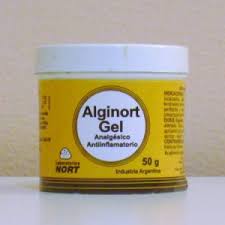
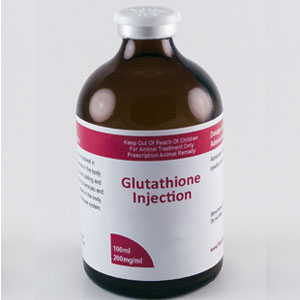
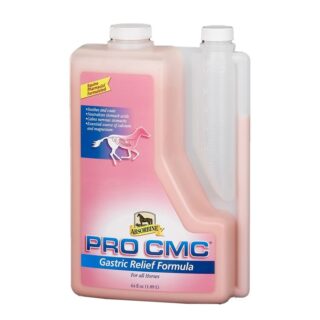
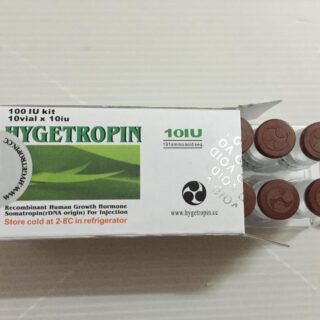
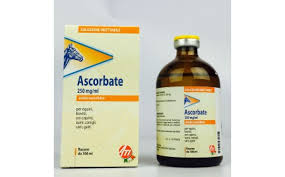


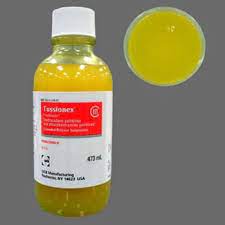

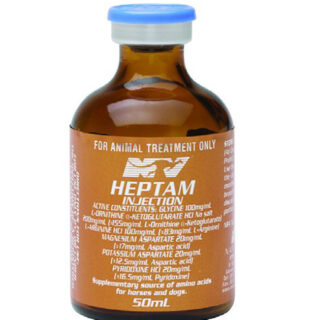
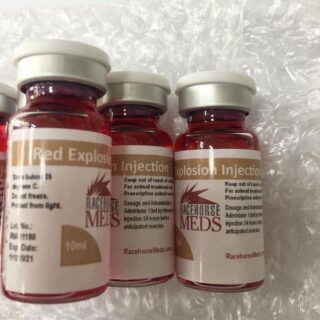


Reviews
There are no reviews yet.